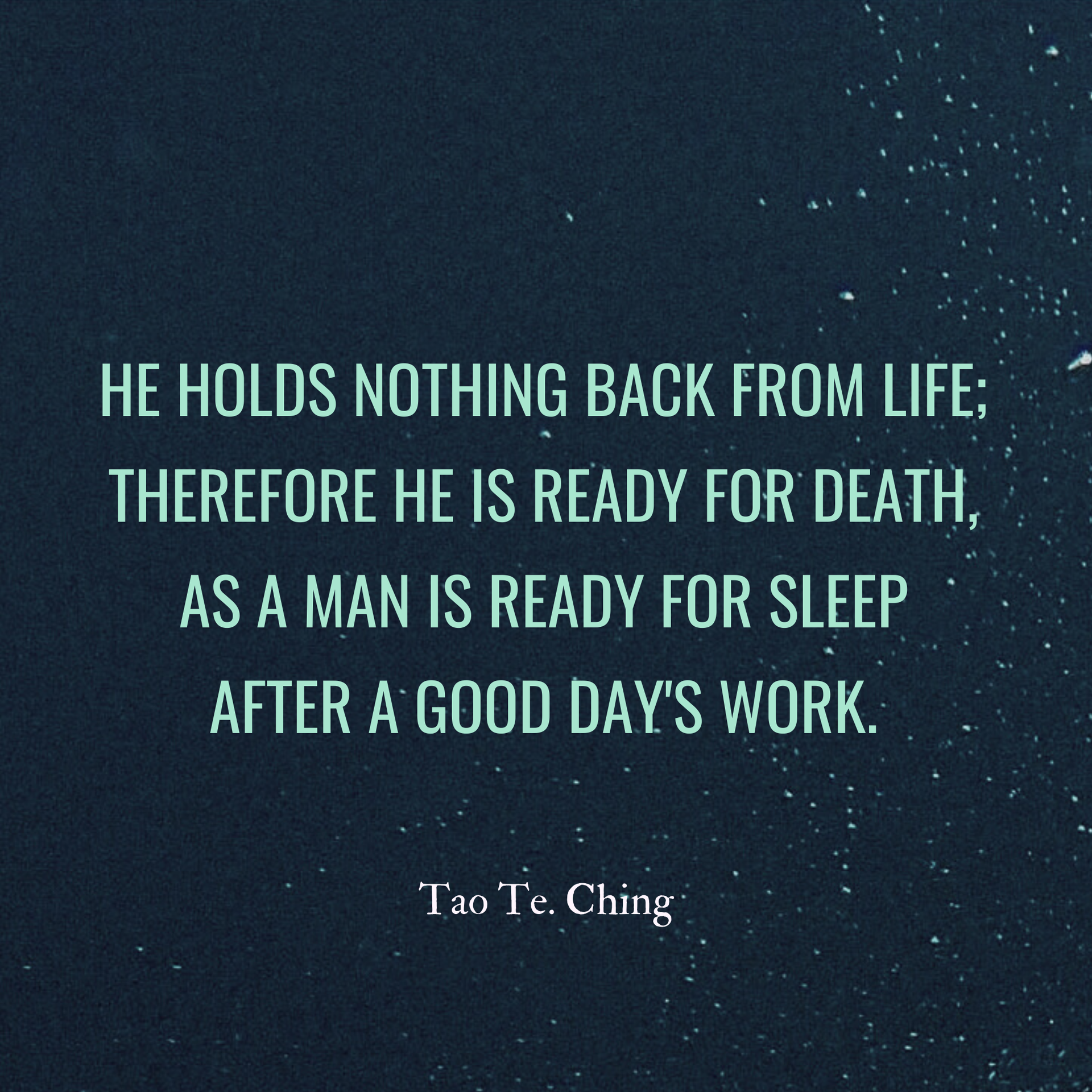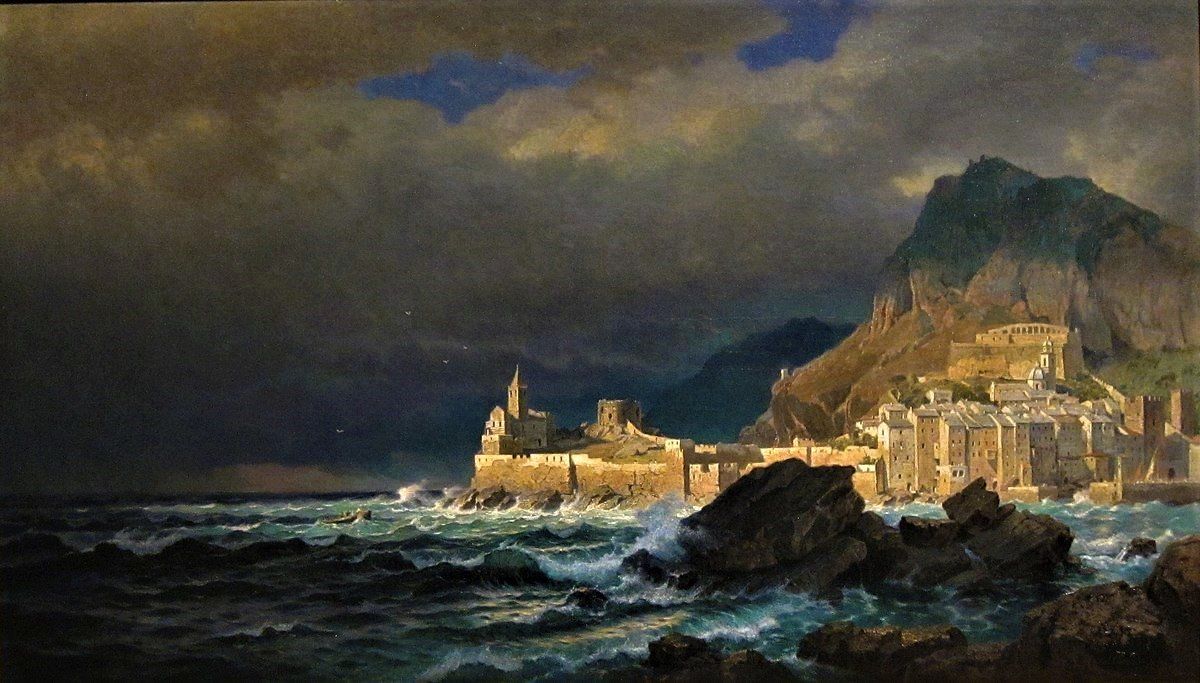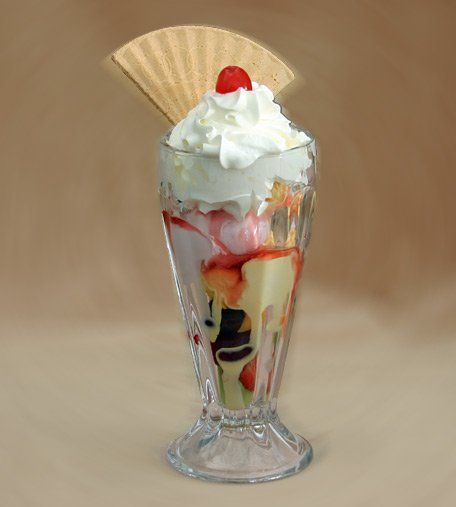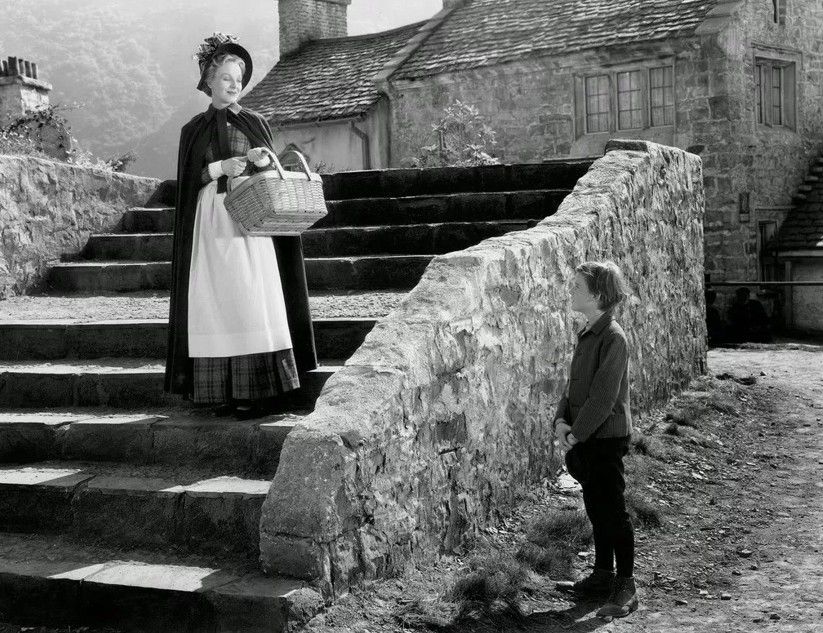6. Wayfarers All
Quote
This comes from the charming children's book, The Wind in the Willows, by Kenneth Grahame. It's one of my favourites, and the quote is from the chapter, "Wayfarers All", so I nabbed his chapter title as well!
This part of the book is talking about the birds leaving south for the winter, using guests leaving a hotel as a metaphor. It is written in a melancholic tone which lets the adult reader knows it is talking about death, our friends leaving us one by one.
And yes, it's normal to feel resentful in grief, to be angry or bitter that our loved ones are taken away, even if they are "smiling" because they are now free of earthly suffering.
The Bus to Sideways
Walking back to the inn together, Julian and Noel see a bus on the side of the road near the bus station, presumably preparing to take another load of souls Sideways at the end of the day.
The bus is pearl grey to symbolise both the neutral status of Sideways, and the "pearly gates" of Heaven that everyone who is Sideways is headed towards. The gold lettering, suggesting the divine, seemingly says MIGHTY BUS ~ H, as a joking allusion to The Mighty Boosh. When they get closer, it actually reads THE ALMIGHTY BUS ~ HUMAN TRANSPORT SYSTEM. The bus of the Almighty!
In real life, The Mighty Boosh got their name from a comment made by a Spanish (or Portuguese, Noel didn't seem quite sure) friend of Noel's brother, Michael Fielding. At the time, Michael had a head of very curly hair, and the friend said of it, "You have a mighty bush!" but his accent meant that bush came out sounding more like boosh. Noel remembered the phrase when he and Julian were looking for a name to perform under – because as they point out, Barratt and Fielding sounds like a law firm.

The Books in the Reading Room
Julian is expecting the inn's reading room to be filled with the usual literary fare of hotel libraries – old paperback copies of popular romances, thrillers, and detective fiction. Instead it has nothing but books on philosophy, in order to prepare the soul for what may lie ahead. I would like to think that if you have to go back to Earth, the books you read at the Waystation would help guide you in your next life, even if you don't consciously remember them.
Meditations by Marcus Aurelius: Personal notes by the Roman emperor on living a good life through Stoic philosophy, living in harmony with the Cosmos and finding your place in the Universe.
On the Shortness of Life by Seneca the Younger: An essay by the Roman Stoic philosopher arguing that life is not too short if only we don't waste any time. He exhorts the reader to live life in the moment, expanding the consciousness until it matches that of the Universe. Julian obviously started reading in the Stoic section.
The Tao Te Ching by Lao Tzu: Classic Chinese text for Taoism, those traditions about living in harmony with the Tao (literally Way, Path), the underlying principle of the Universe. Its main virtues are compassion, frugality, and humility.
The Bhagavad Gita (literally The Song of God): Hindu holy scripture, part of the Sanskrit epic, The Mahābhārata. It discusses yogic ideals of karma, morality, devotion, and enlightenment. It is when he reaches the Eastern philosophy section that Julian realises the nature of the reading room.
The Art of Loving by Erich Fromm: A 1956 book by the German psychoanalyst and humanist philosopher, examining different sorts of love. Although it does not give any prescription on how to love, it says that loving needs discipline, concentration, and patience.
As well as these real life philosophy texts, Julian discovers many of the books in the reading room cover the topic of going Sideways, and these are fictional, although based on real works.
How Going Sideways Taught Me to Move Forward: a chipper self-help style book designed to give encouragement to those going Sideways. Based on those numerous upbeat memoirs with titles like How Going Green Helped Me Find God.
The Journey Not the Destination: Lessons Learned On the Sideways Path: A thoughtful book about the value of going Sideways. Loosely based on The Road Less Travelled by Scott M. Peck.
The Seven Sacred Secrets of Sideways: A mystical book. I was thinking of those books purporting to give you all the secrets of the universe, such as The Alchemist and The Celestine Prophecy. I imagined that the seven sacred secrets were connected with the seven bus stops of Sideways, corresponding to the seven chakras in the human body, as described in the Hindu yogic tradition. Or perhaps the seven classical planets, or anything mystical which comes in sevens.
A Funny Thing Happened on the Bus to Sideways: (Title from the musical comedy A Funny Thing Happened on the Way to the Forum). A humorous book, possibly a collection of amusing anecdotes collected by travellers going Sideways. Based on those comic memoirs such as Please Don't Eat the Daisies or The Egg and I, with an ugh-my-life-is-so-crazy-but-I-love-it vibe. It seems that even the bus ride to Sideways can be eventful. From the books, it appears there are many ways of successfully approaching Sideways.
Highways and Byways in Sideways: Based on the Highways and Byways UK regional travel guides put out by Macmillan in the first half of the 20th century eg Highways and Byways in Dorset. I couldn't resist having one for Sideways, given the rhyming pattern!
The Intelligent Pilgrim's Guide to Sideways: A parody of George Bernard Shaw's The Intelligent Woman's Guide to Socialism. It sounds like a sort of Sideways for Dummies, written in clear, practical language, with helpful charts and little information boxes. This would be my own choice for getting help if I was facing going Sideways. It's probably obvious by now that I became a lot more intrigued by Sideways than Forward!

Shelley and Drowning
The poet Percy Bysshe Shelley drowned in a boating accident in Italy during a storm when he was a month away from his 30th birthday. Bronwen alludes to this when she (sarcastically?) says that Julian's drowning was "romantic", because Shelley was a Romantic poet.
The day after Shelley's death, a Tory newspaper called The Courier reported it thus: "Shelley, the writer of some infidel poetry, has been drowned; now he knows whether there is God or no."

Food
Mary told Julian that most people eat and drink "like there's no tomorrow" at the Waystation, and Noel happily tucked into the meals provided at the House of Healing. Here Thomas tells him that everyone can eat whatever they want, they have only to ask for it.
It might seem rather gluttonous, but when you think about it, most people have their diets restricted to some extent before they die. Thomas has been munching salads for years to manage his high cholesterol, Noel was on a strict diet because of his liver, and poor Bronwen was unable to eat any solid food at all due to her cancer treatment. Even Edith couldn't have her favourite tomato soup because it was too acidic for her to handle – as we age, there seems to be more and more foods that disagree with us. The Waystation allows every soul to enjoy what has been taken from them.
You might notice that Julian's dinner companions choose favourite meals suitable for the era they grew up in. Thomas was born around 1930, and chooses the hamburgers which became a fast food option in the Wimpy Bars of the 1950s. His knickerbocker glory ice cream sundae [pictured] dates to the days of his childhood, when it must been a rare treat.
Bronwen is about the same age as Julian's mother, so born in the mid to late 1940s. She chooses duck à l'orange, considered the height of sophistication in the 1960s, when Bronwen would have been a young woman. Was she a high flyer taken to all the best restaurants, or did she merely dream of one day sipping champagne, I wonder?
I gave Edith tomato soup as her favoured dish because it seemed suitably humble and simple. According to a government poll, tomato soup is the #1 favourite soup in the UK. Edith calls it a "tasty soup", because of the "tasty tasty soup" song that Julian and Noel's characters, Howard and Vince, sing in "The Desert of Nightmares" episode of The Mighty Boosh.
Julian orders chicken stir fry with rice because he is thinking of Mary's advice to watch his diet. The goddess Persephone was also warned about eating the food of the dead when she was in Hades. The rice is from the episode "Hitcher" in The Mighty Boosh when Howard/Julian alludes to it as a food to be chosen. And stir fry is one of the few dishes that I know Julian enjoys, and cooks. For some reason, I feel a bit embarrassed to know this, and don't know why!

Characters
Edith, Thomas, and Bronwen
Original characters created to give a cross-section of typical new arrivals at the Waystation. They have been with Julian the whole time, but he's been too wrapped up in Noel to notice their existence. They were among those people at the House of Healing who were also in the garden when Julian met Noel.
Edith and Thomas have names that were highly popular for people of their generations – Edith being born at the turn of the century, and Thomas around 1930. I may have subconsciously been thinking of Saint Edith, who had ranks of angels singing around her deathbed, and Saint Thomas the Apostle, the "Doubting Thomas" who sensibly didn't believe Jesus had risen until he could touch him. Thomas does seem doubtful that he's going Forward straight away.
I gave Bronwen a Welsh name to show that people at the Waystation are coming from all over the UK, not just England. The name Bronwen featured in the 1939 novel How Green Was My Valley, by Welsh author John Llewellyn. It was turned into an Oscar-winning film in 1941, with Bronwen (respelled Bronwyn), played by "The British Bombshell", Anna Lee [pictured]. It seemed possible her parents named her after the book or film.
Bronwen is the right age to be Julian's mother, yet in a story filled with mother figures for Julian, Bronwen never shows any maternal feelings for him. Perhaps this is a chance for Julian to see his mother as an outsider might - as a friend, and a person in her own right.
You might notice that Edith has an English (Anglo-Saxon) name, while Thomas reminds me of Thomas Atkins, a generic name for a British soldier - a "Tommy". Bronwen's name is Welsh, a variant of Branwen from British mythology, meaning "fair raven". Ravens are associated with death and the Afterlife, and the name can be understood as alluding to light/darkness, life/death.
These three characters died from the most common causes of death in their age groups – heart attack, cancer, and old age.
Agnes Faladu
Edith's Case Worker, an original character. She is named after my grandmother; Agnes is a name I love although I didn't when I was a kid (sorry, Gran!) The name means "pure", to suggest that Agnes has a pure heart. Faladu is a Nigerian surname – again, just a reminder that although new arrivals are coming from the UK, the staff at the Waystation, who have all volunteered there after going Forward, could have spent their last life anywhere in the world.
The wise Agnes gave Edith good advice about the assessment. She said to never assume you know where you are going after the assessment, be prepared for any outcome, put in a good submission, and trust your Case Worker. And most importantly, no matter whether you are sent Forward, Sideways, or Back, to always do the very best you possibly can, no matter how difficult the circumstances.

Bạn đang đọc truyện trên: AzTruyen.Top